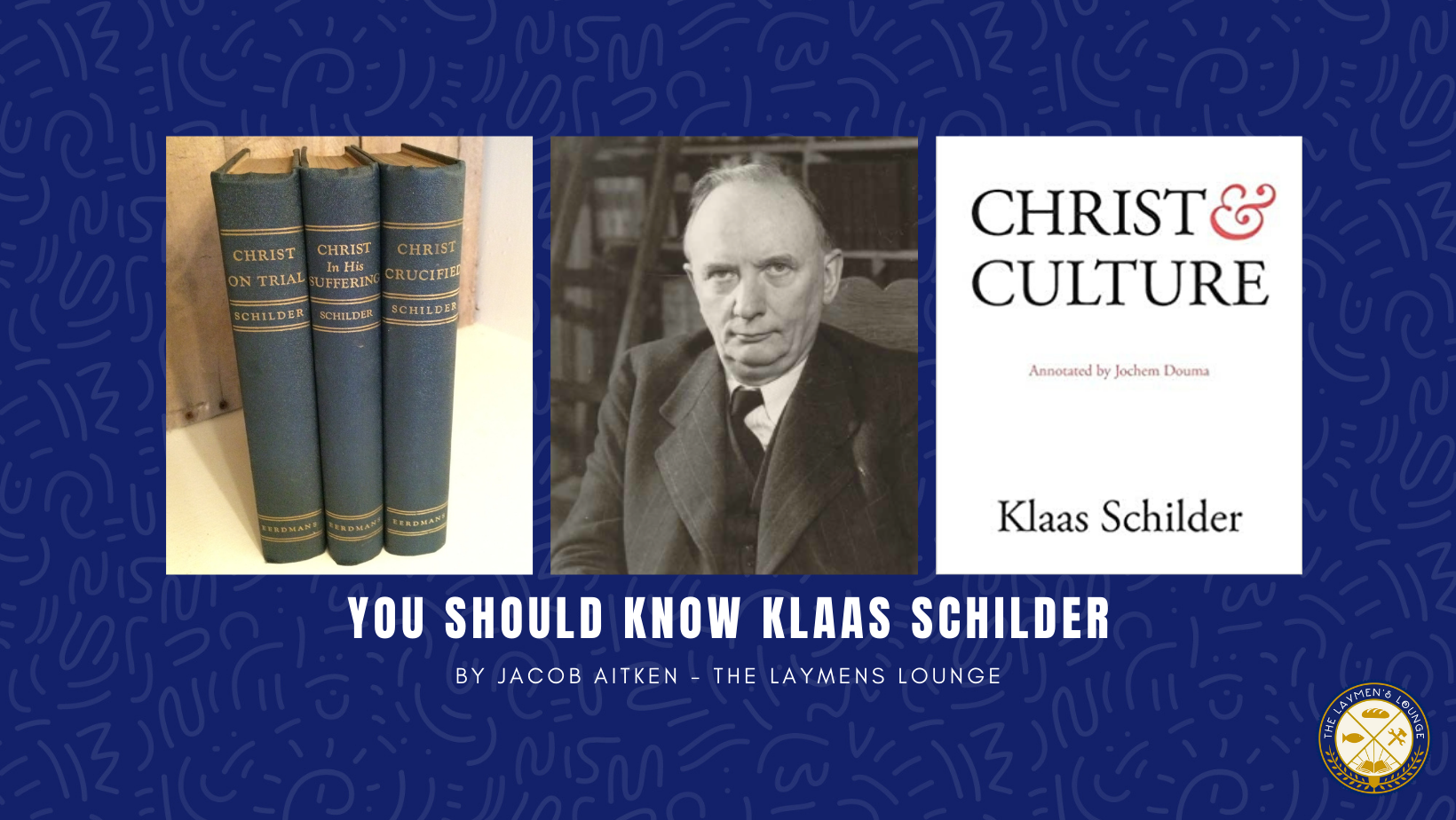alexanderjames
Puritan Board Sophomore
Book by Cory C. Brock and N. Gray Sutanto, 2022. Lexham Press (Lexham Academic).
This was released a few months ago, and has featured on podcasts like the Reformed Forum.
Seemingly centered around the Dutchmen Herman Bavinck and Abraham Kuyper, as well as some others, Neo-Calvinism is painted in a very positive light by the authors of the book and its reviewers.
There has however been a great deal of criticism about Neo-Calvinism in the past, as well as a difficulty to precisely define the movement (perhaps similar to "Puritanism"). It is agreed that Neo-Calvinism is different from "New-Calvinism" (which this thread is not focused on).
Everyone seems to love Bavinck, and there's been a great surge of new translations in recent years of both his works as well as those of Kuyper.
So my questions:
1. Has anyone read the book or planning to? Please share your thoughts.
2. What are the dangers of Neo-Calvinism (if any), as you see it?
3. Who would benefit from spending time learning from this tradition/movement, as opposed to more classical reformed theology from the Reformers and Puritans?
This was released a few months ago, and has featured on podcasts like the Reformed Forum.
Seemingly centered around the Dutchmen Herman Bavinck and Abraham Kuyper, as well as some others, Neo-Calvinism is painted in a very positive light by the authors of the book and its reviewers.
There has however been a great deal of criticism about Neo-Calvinism in the past, as well as a difficulty to precisely define the movement (perhaps similar to "Puritanism"). It is agreed that Neo-Calvinism is different from "New-Calvinism" (which this thread is not focused on).
Everyone seems to love Bavinck, and there's been a great surge of new translations in recent years of both his works as well as those of Kuyper.
So my questions:
1. Has anyone read the book or planning to? Please share your thoughts.
2. What are the dangers of Neo-Calvinism (if any), as you see it?
3. Who would benefit from spending time learning from this tradition/movement, as opposed to more classical reformed theology from the Reformers and Puritans?




